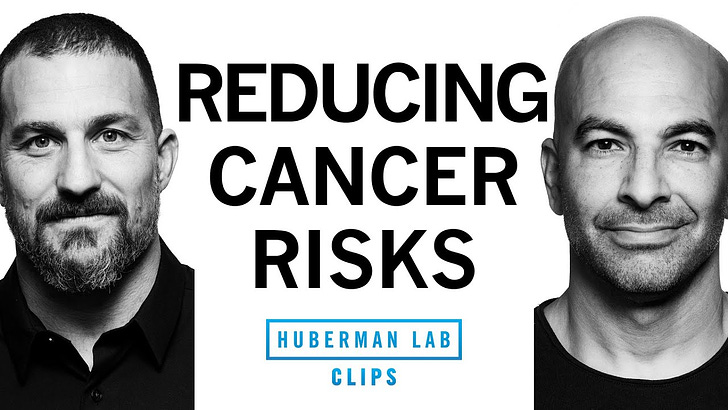Cancer Sucks.
Cancer sucks.
How many times have we heard or read it? The facts are that more than 50% of us will have an immediate family member diagnosed with cancer and many more a friend, co-worker, etc. Approximately 40% of men and women will be diagnosed with cancer at some point during their lifetimes. It’s all around us. And a few weeks ago, my world was rocked when a very close friend I’ve known since the age of 6 and played baseball with from Little League through college passed away from pancreatic cancer.
Cancer SUCKS!!!!!
New Statistics are Alarming
During the last few weeks, World Cancer Day occurred (Feb 4) and coincidentally I came across two news reports that were, quite frankly, startling.
Global cancer cases will jump 77% by 2050, WHO report estimates
Cancer incidence climbing in those <50 yrs of age
A New Interest, Old Risk Factors
In terms of interest in health and disease, I have generally focused on obesity, diabetes, and cardiovascular disease as part of my academic studies. However, these last few weeks have really heightened my interest in learning more about cancer - its pathophysiology, prevention and treatment.
Like other chronic diseases (atherosclerosis, hypertension, diabetes, Alzheimer’s, etc.), cancer is a complex, multi-factorial phenotype influenced by genes and lifestyle / environmental factors and their interaction. As we say, you cannot choose your parents (DNA) but you can make choices about your lifestyle and environment.
Clearly, diet and exercise are 2 keys factors in the prevention of cancer. For myself, protection from the sun is also vital given a family history of melanoma. And of course, avoiding smoking. I won’t even begin to touch on various environmental pollutants and contaminants. And yes, the risk factors can vary by cancer type (breast, colorectal, melanoma, etc.).
In terms of exercise, several meta-analyses have shown good evidence that higher levels of physical activity are linked to lower risk of several types of cancer via various mechanisms which are type-specific but may include regulation of hormones (estrogen, insulin) and growth factors, reducing inflammation and improving immune function, preventing excess weight gain, and aiding in digestion.
The Gut: Does it all start here?
Ah, that last one … digestion and the related topic of nutrition. It seems we are always opening a can-o-worms when we bring up nutrition and disease. And I am not going to go there … but I do want to raise another topic that has peaked my interest - and that is the gut microbiome.
Thanks for listening. For those of you who have lost a loved one, you know that the grieving process takes various forms. Writing has been therapeutic for me. I’m hoping this blog can also heighten your quest to prevent cancer, the best that we can.
Get Your Daily Dose
I’ll leave everyone with a few resources below and a reminder to include the following in your daily routine.
🌞Upon waking, AM sunlight and fresh air
🥣Nourish yourself well with the right types of food, in the right amounts, and at the right time
🏃♂️Movement
😃Laugh, smile, and find your Inner Circle of true and fulfilling relationships
🧠Think and engage the brain and mind
🛏️Recovery and Sleep
…and remember, Knowledge does not equal Behaviour!
Cancer Resources
Peter Attia MD on the importance of cancer screenings
Understand Cancer & Reduce Cancer Risk | Dr. Peter Attia & Dr. Andrew Huberman




